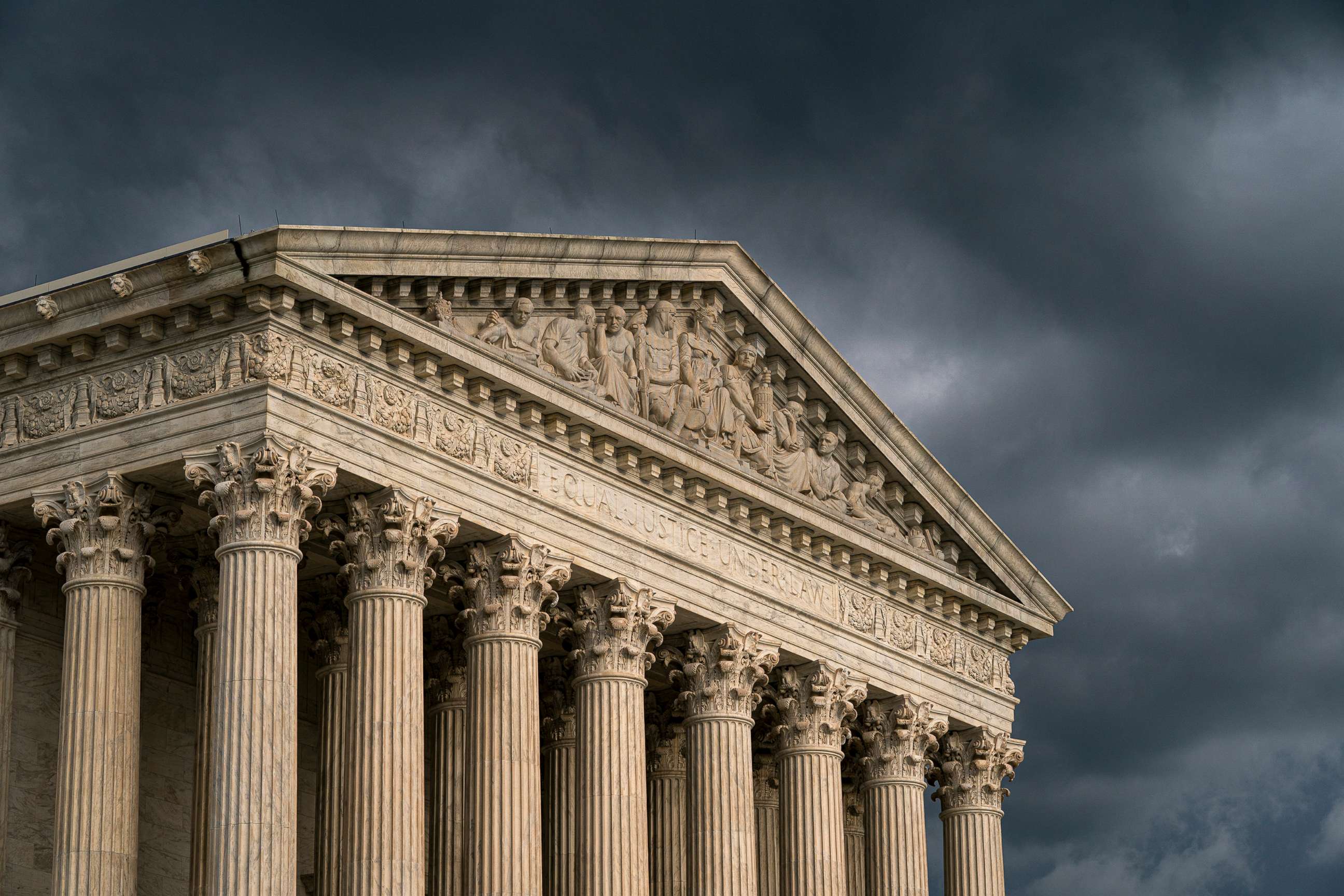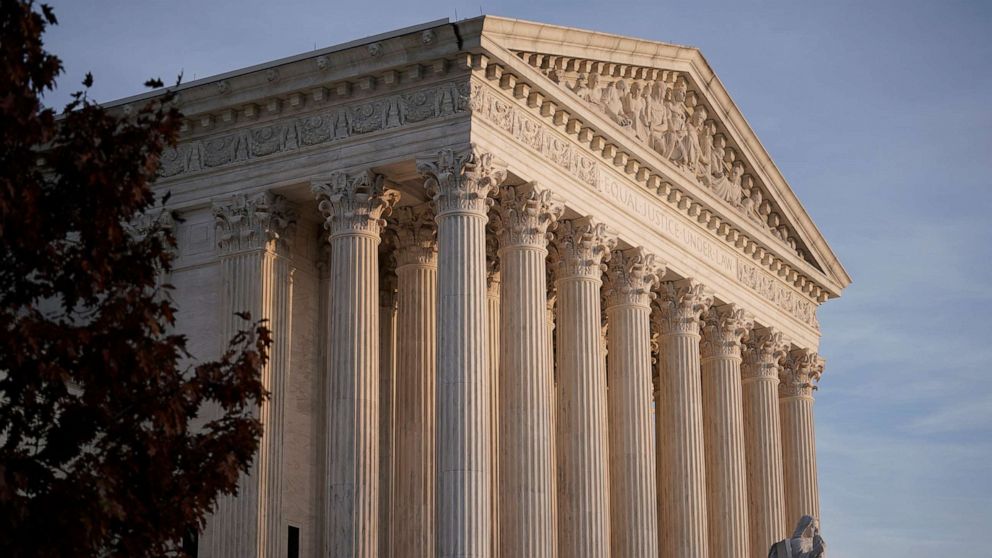Supreme Court upholds Obamacare health care law, rejecting GOP challenge

The Supreme Court on Thursday, in long-anticipated decision, rejected a challenge to the Affordable Care Act in a case involving whether the individual mandate can be severed from the rest of the law -- or whether the whole law must be struck down.
The court ruled 7-2, with Justice Stephen Breyer writing for the majority, striking down a lower court ruling, saying the plaintiffs -- Texas and 17 other GOP-led states -- did not have standing to sue.
"We conclude that the plaintiffs in this suit failed to show a concrete, particularized injury fairly traceable to the defendants’ conduct in enforcing the specific statutory provision they attack as unconstitutional. They have failed to show that they have standing to attack as unconstitutional the Act’s minimum essential coverage provision. Therefore, we reverse the Fifth Circuit’s judgment in respect to standing, vacate the judgment, and remand the case with instructions to dismiss," Breyer wrote.
"We do not reach these questions of the Act’s validity ... for Texas and the other plaintiffs in this suit lack the standing necessary to raise them," he wrote, concerning the arguments the mandate and the whole law should be invalidated.
"To find standing here to attack an unenforceable statutory provision would allow a federal court to issue what would amount to an advisory opinion without the possibility of any judicial relief," Breyer said, in the opinion, joined by four conservative justices, including Amy Coney Barrett, whom then-President Donald Trump nominated in hopes she might vote to overturn Obamacare. Republicans at the state level as well as on Capitol Hill were looking for her to do the same.
Justices Samuel Alito and Neil Gorsuch were the two dissenting votes.
"So a tax that does not tax is allowed to stand and support one of the biggest Government programs in our Nation’s history. Fans of judicial inventiveness will applaud once again," Alito said..
A record 31 million Americans have health care coverage connected to Obamacare right now, as well as 54 million Americans with preexisting conditions, all of which is preserved by the court essentially enforcing the status quo in the middle of a pandemic.

Even though the justices did not rules on the central arguments made, this is the third time the Supreme Court has upheld the health care law against legal challenges.
"The, sort of, existential challenges have been, basically, exhausted," said Kate Shaw, a Cardozo law professor and ABC News legal analyst, on the prospects for Republican legal efforts to do away with Obamacare.
"There may be challenges to dimensions of the law. There have been religious liberty objections to various aspects of the law, in particular the contraception mandate, so I think it is possible there will be more," Shaw said. "But the legislature is where future battles about health care are likely to play out rather than the courts and the Supreme Court, in particular," she said.




